School of Natural Resources
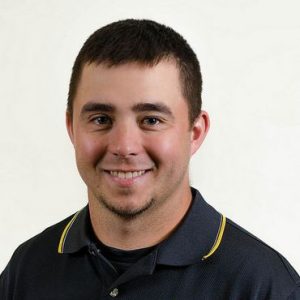
Feb. 2, 2018
Jason Stanford Young
Educational background B.S. Parks, Recreation and Tourism – Emphasis in Tourism Development, University of Missouri, 2009 M.S. Natural Resources – Emphasis in Parks, Recreation, Sport and Tourism, In-progress Courses taught PRST 1010: Intro to Recreation, Sport and Tourism PRST 1011: Academic Planning and Career Orientation PRST 2711: Experience Internship PRST 3189: Pre-Internship Seminar PRST 4711: Sales and Sponsorship PRST 4940: Parks, Recreation, Sport and Tourism Internship…

Feb. 2, 2018
Caroline Todd

Feb. 2, 2018
Tanya Anderson
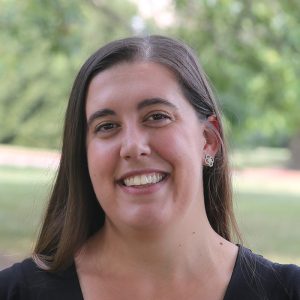
Jan. 16, 2018
Jenna Fusinatto
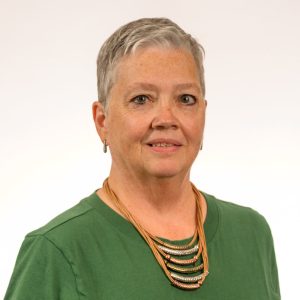
Jan. 16, 2018
Traci Stacy

Jan. 16, 2018
Deseri Perkins
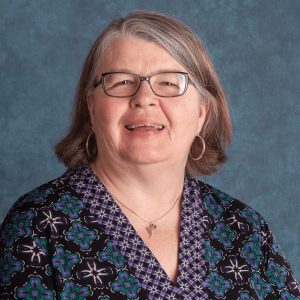
Jan. 16, 2018
Cindy Greenwood

Dec. 15, 2017
Jeffrey Wood
Wood’s research focuses on ecosystem science and the exchanges of gases and heat between the biosphere and atmosphere. There is specific emphasis on better understanding the factors controlling fluxes of carbon, water, and nitrogen between natural or managed systems and the atmosphere. Educational background Ph.D., University of Guelph MASc, Dalhousie University BSc, Mount Allison University Courses taught ATM_SC 4400/7400: Microclimatology ATM_SC 4520/7520: Environmental Biophysics FOREST 2340: Tree Physiology FOREST 8620: Plant Water Relations…

Dec. 15, 2017
Sonja A. Wilhelm Stanis
Educational background Ph.D., University of Minnesota Courses taught PRST 4250/7250: Parks, Health and Wellness PRST 8430: Social and Behavioral Research Methods PRST 2111: Park Planning and Design PRST 4340/7340: Recreation Land Management…
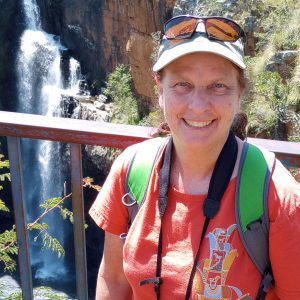
Dec. 15, 2017
Joanna (Jodi) Whittier
Whittier focuses on applied research typically at landscape scales to assess habitat condition and the association between condition and community composition. She works collaboratively with stakeholders from across the U.S. to identify conservation opportunities based on current and future conditions. Educational background Ph.D., Wildlife and Fisheries Ecology, Oklahoma State University…